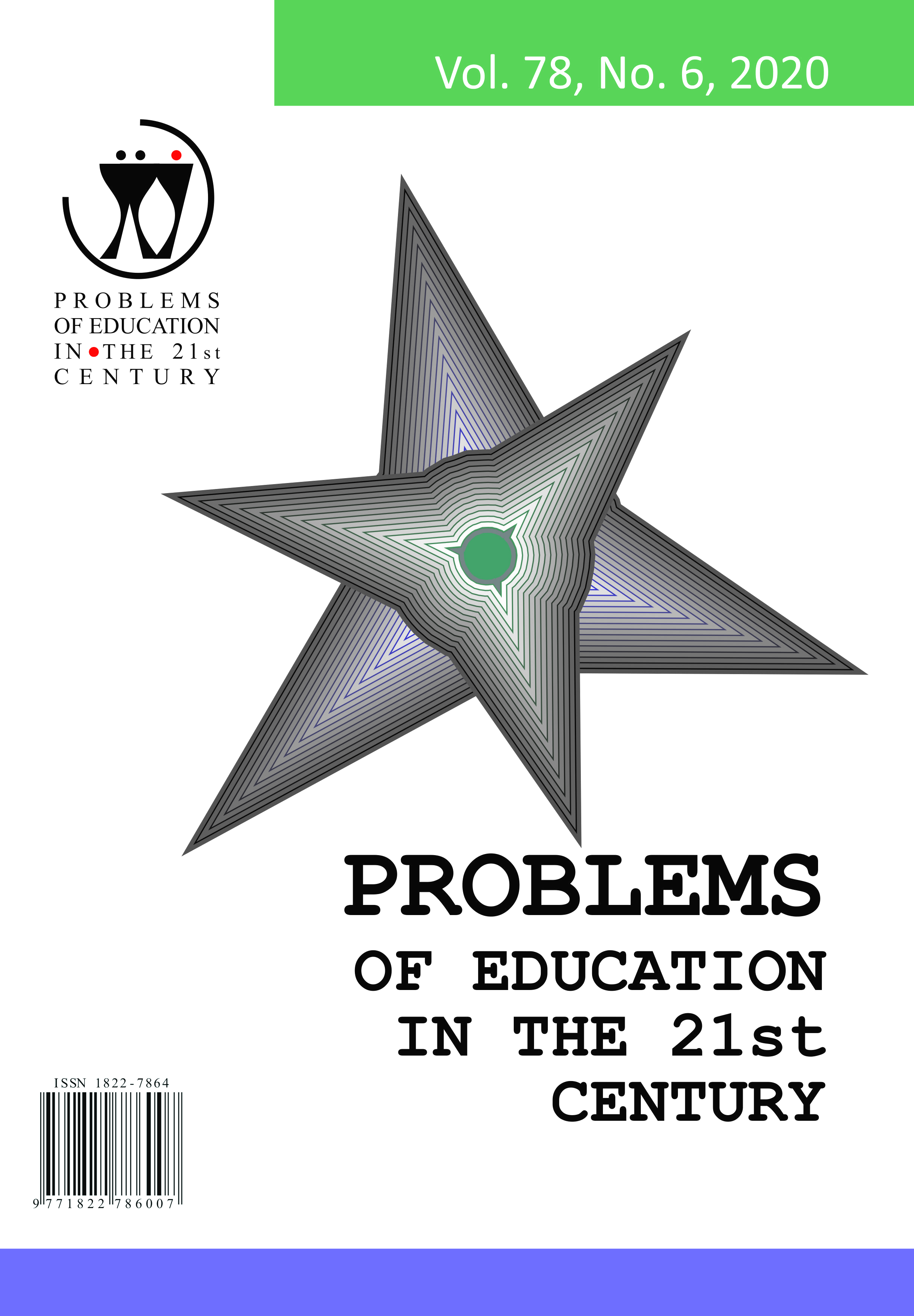ANALYSIS OF PRE-SERVICE FOREIGN LANGUAGE TEACHERS’ INCORRECT ARTICULATIONS: FREQUENCY, INFLUENCE ON COMMUNICATION, AND A SPECIFIC CORRECTIVE STRATEGY
ANALYSIS OF PRE-SERVICE FOREIGN LANGUAGE TEACHERS’ INCORRECT ARTICULATIONS: FREQUENCY, INFLUENCE ON COMMUNICATION, AND A SPECIFIC CORRECTIVE STRATEGY
Author(s): Coral I. Hunt-Gómez, Macarena Navarro-PabloSubject(s): Social Sciences, Education, Higher Education
Published by: Scientia Socialis, UAB
Keywords: EFL (English as a foreign language); higher education; second language acquisition; teacher training;
Summary/Abstract: English Foreign Language (EFL) teachers need to be especially aware of their own articulatory errors and to manage strategies to overcome them. A specific corrective strategy using phonetic notation to destabilise the most recurrent articulatory errors to be applied to Spanish pre-service English Primary School teachers is presented. Firstly, the presence of incorrectly articulated sounds in a corpus of 238 minutes of recorded improvised production of 34 pre-service EFL teachers was identified. Incorrect articulations were classified in two groups, those that presented a higher frequency were classified as fossilised errors and those appearing only once were considered mistakes. A categorisation of the most frequent articulatory errors and their possible origins was offered. Errors were also examined attending the effect they posed on communication, if they hindered it, they were considered unintelligible. Results showed that more than 80% of fossilised incorrect articulations were perfectly understandable and did not disrupt communication. Even if these results can be considered positive, research shows that pronunciation highly influences the learning process of other skills, and that it affects learners in terms of confidence, social and work advancement. Therefore, to get rid of their own fossilised errors, future teachers need effective pronunciation skills training strategies. For that reason, a specific error corrective strategy based on phonetic notation and self-learning is proposed.
Journal: Problems of Education in the 21st Century
- Issue Year: 78/2020
- Issue No: 6
- Page Range: 933-947
- Page Count: 15
- Language: English

